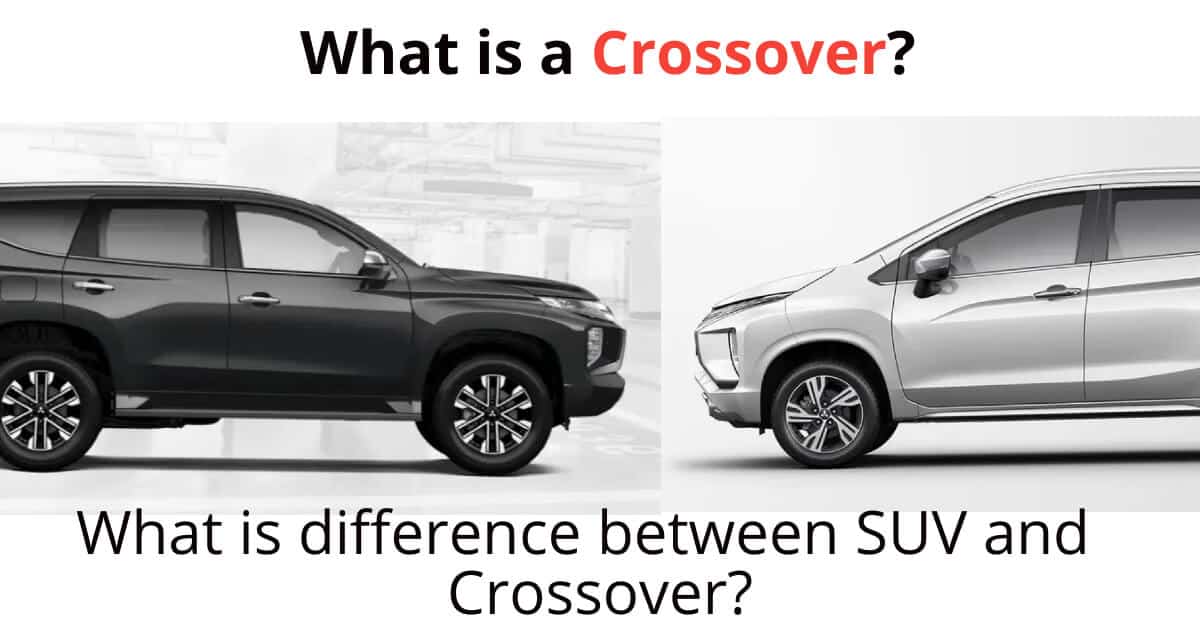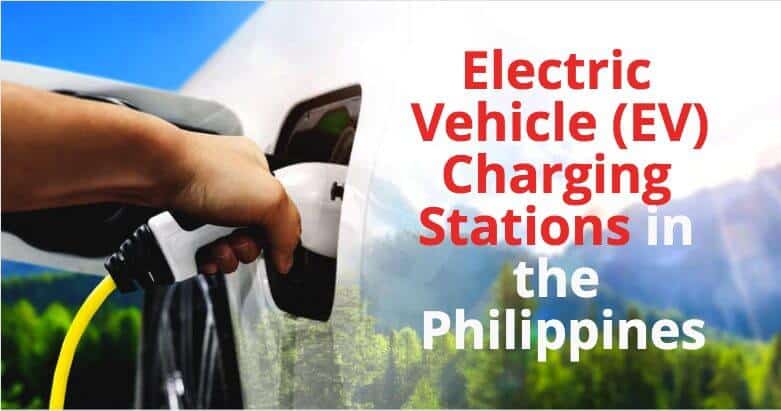Crossovers are cars built on a car based chassis, structure and driveline. SUVs are built more like trucks. In some circles, the terms are interchangeable but there isn’t a general set of rules that covers all vehicles.There are some guidelines that mainly centre on how the vehicle is built.
Crossover roots from the Bigger Brother SUV
A crossover is a car that combines the features of an SUV and a hatchback. Before the crossover came out, SUVs were considered more practical and versatile than sedans or coupes. Crossovers give you more room inside and outside. You get better gas mileage because of the smaller engine size. This type of vehicle also gives you more cargo space. The crossover can be used for work purposes as well. It has enough power to tow a trailer.
SUV vs Crossover: Which One Is Better?
The best thing about crossovers is they have a lot of versatility. They can be used in any situation. They are good for families with kids. They are great for people who want to haul stuff around. If you need a bigger van, then go for it.
Differences CUV VS SUV
With a crossover, there is no need to compromise on space or comfort. A crossover combines the strength of a SUV with the flexibility of a sedan. The body supports the vehicle’s weight, the load and stress of the suspension, chassis, and driveline, while the frame provides support for the engine and transmission. Because the crossover is designed to work like a car, it doesn’t require any special modifications or adjustments to drive like a car.
Crossover SUV’s are relatively light compared to other SUVs. They don’t usually face extreme working conditions, so they use engines, transmissions, and drivelines selected carefully to deliver a mixture of power and efficiency. Hybrid versions of popular Toyota crossovers like RAV4 and Highlander also come with proven fuel saving hybrid engines. AWD is a common feature of crossovers. Toyota offers AWD on some of its crossover models, but not others. AWD options are optional on certain vehicles and brands.
The SUV
A crossover is more than a sport utility vehicle (SUV) because it is based on a pickup truck. It is built differently than an SUV. A crossover is more spacious inside and it is lighter than an SUV. SUV’s are tough vehicles that can handle heavy loads. Their engines are usually based on trucks, and they have a multi-mode 4X4 system. They also have low range gears.
SUV’s are often equipped with four wheel drive systems. These systems allow the driver to shift between two-wheel and four-wheel drive modes at will. Four-wheel drive helps improve traction when driving over slippery surfaces such as snow or ice.
5 Benefits of A crossover vs SUV
SUVs are big, powerful vehicles that are designed to haul lots of people and cargo. They’re perfect for families with multiple passengers or large loads.
But SUVs aren’t always the most practical choice for everyone. For example, if you live in a city where traffic congestion is common, you may find yourself stuck behind a slow moving SUV every morning.
In addition, SUVs are often larger than crossovers, which means they take up more space in parking garages and driveways.
Crossovers, however, are smaller than SUVs, which makes them easier to maneuver into tight spaces. Crossovers are also typically more fuel efficient than SUVs, which means you won’t spend as much money on gas.
So what’s the difference between a crossover and an SUV?
A crossover is a vehicle that combines the size and power of an SUV with the maneuverability of a small car.
An SUV is a vehicle that is bigger than a crossover.
Both types of vehicles come in different sizes and styles, so there isn’t one type of crossover that fits all drivers.
Here are some things to consider when choosing whether to buy a crossover or an SUV:
Size
When shopping for a crossover or SUV, think about how many people you plan to travel with. If you need room for extra passengers, you should choose a crossover over an SUV.
However, if you don’t plan to bring any additional passengers along, then an SUV may be better suited for your needs.
Fuel Efficiency
Crossovers tend to be more fuel efficient than SUVS. This is because crossovers are usually smaller than SUVs.
This means that crossovers use less gas than SUVs. In fact, according to the EPA, a crossover uses about 20% less gas than an SUV.
Safety Features
The safety features available on crossovers are generally similar to those found on SUVs. However, crossovers are typically safer than SUVs because they are smaller and lighter.
For example, crossovers are often equipped with airbags, anti-lock brakes, traction control systems, and stability control systems. These safety features are standard equipment on SUVs.
Cost
Crossovers cost less than SUVs.
While it’s true that crossovers are cheaper than SUVs, they still offer plenty of bang for your buck.
So if you want a safe, reliable, and affordable vehicle, a crossover could be the right fit for you.
Do you prefer crossovers or SUVs?
























